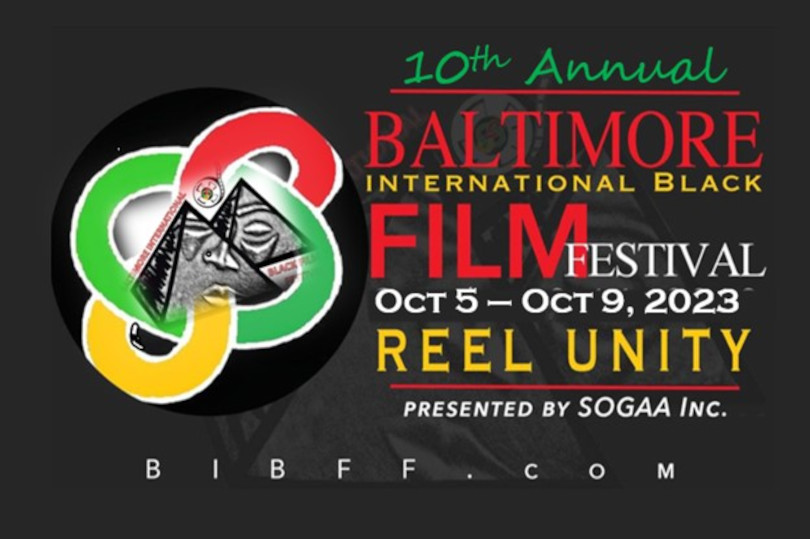Kenneth Moore Jr., director and founder of the Baltimore International Black Film Festival, has spent over ten years providing an annual celebration for early-career and experienced filmmakers with multi-day screenings and an awards ceremony.
Within two years of the festival’s foundation, the number of films submitted increased nearly eight times the ten shared at the first event in 2014.
“I founded the festival right around the time I founded SOGAA, which is a social service organization for men who love men,†Moore said. “Many of us were cinephiles who loved film, so we wanted to create more activities outside of normal activities. The festival was born out of that desire.â€
Breaking Down Barriers
While the Baltimore International Black Film Festival isn’t the first Baltimore-based festival to feature films developed by filmmakers living outside of the United States, Moore said its theme was “reel unity,†defined as “using the power of cinema to break down barriers.â€
“We wanted to deal with the African diaspora,†he said. “We wanted to deal with the same gender-loving LGBTQ+ community, and we wanted to speak in general about the African American experience.â€
Submitted film topics, including “prison reform, Black church activism, mental health awareness, mountaineering, and even adventuring,†have exposed event-goers to an “entertainingly-informational†experience.

A Venue for Student Filmmakers
With SOOGA and the festival running on similar standards as other non-profit organizations, reliance on heavy outreach has aided in the promotional success and expansion of the yearly event over time.
With the assistance of film directors and Baltimore City government officials, the festival has been able to overcome budget-related constraints. Moore even takes pride in hosting screenings for students to share work they’ve created from personal and educational experiences.
“They’ll enter in their thesis projects, and that helps to propel their careers,†he said. “We don’t know any of them personally, so they’re always so excited because it could be the first time that anyone outside of their teachers, mom, or dad said that ‘we value what you’ve done.’â€
Utilizing IMDB to research filmmakers and attending other film festivals are just a few ways Moore’s been able to network and acquire films to present to viewers.
“That’s usually the best way we can meet filmmakers, see their projects in real-time, screen it in real-time, and say ‘oh we’d love this project and we want to bring it to Baltimore,’†he said. “We’ll have our information and have the filmmakers give the filmmakers a waiver. They will submit them to our screening committee for review.â€
Paired Films
Having hosted 60 films to Baltimore audiences just this year, Moore said nearly 12% are world premiere presentations.
“This is the first time any audiences will be seeing these films and I can’t over-express how excited we are to be in that privileged position for these filmmakers, and how happy they are to showcase their films for the first time.â€
Moore also credits another integrant of the festival’s growth to having festival-goers view “paired films.â€
“You may come looking for a particular short film, but we’ll pair it with another feature that has a different type of experience,†he said. “You’ll stay for both, and we’re hoping that through that experience, you’ll gain some new information–either educational or informational. We want to stir up the empathy that we have and see each other in each other.â€
Article featured photo by Jakob Owens on Unsplash.


